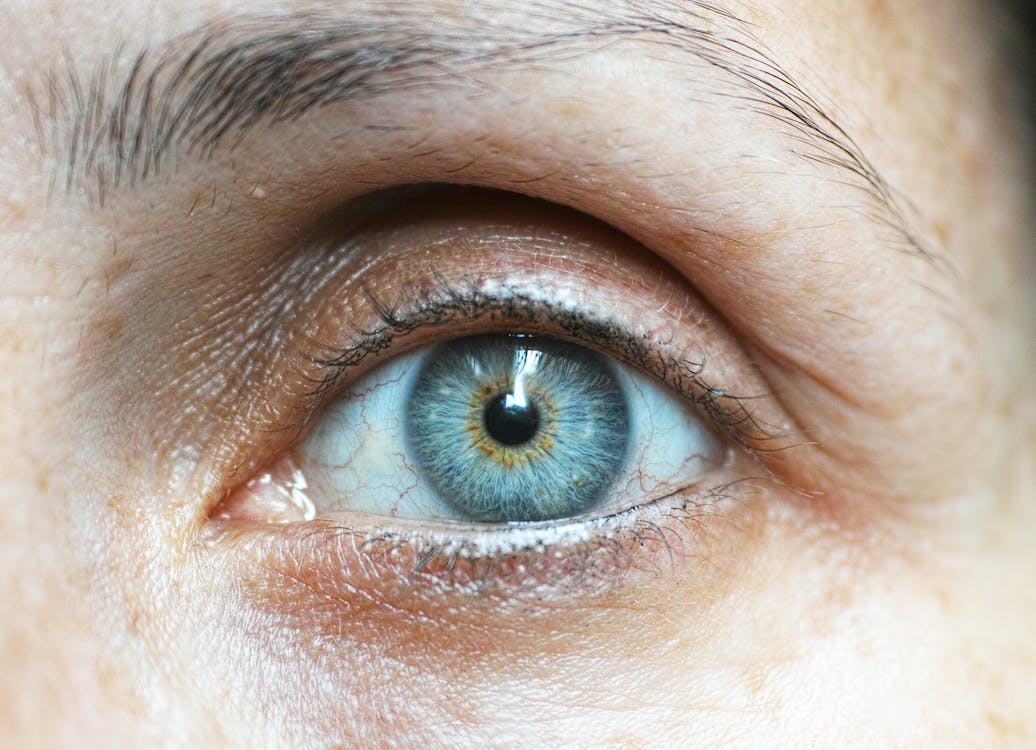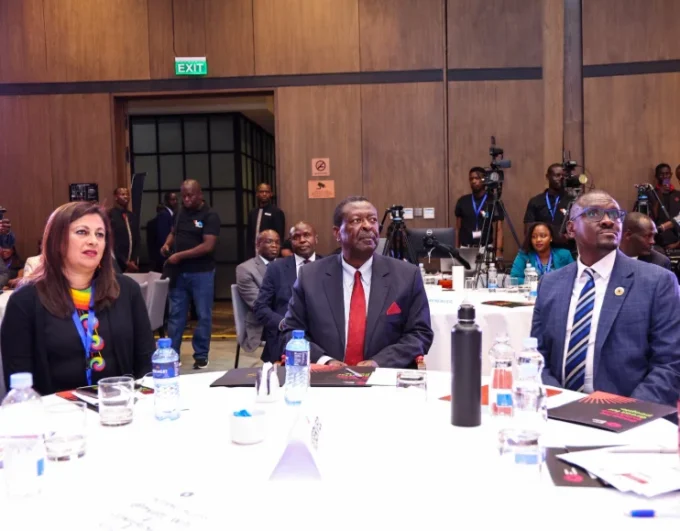Sight loss costs the global economy US$411 billion (Ksh61 trillion) every year, according to the Lancet Global Health Commission on Global Eye Health.
An estimated 30% of people with sight loss experience a reduction in employment, with women, people in rural communities and ethnic minority groups among the groups most affected. However, 90% of sight loss is avoidable with early detection and treatment.
Further research by the Fred Hollows Foundation found that amongst the 19 countries included in the study, Kenya has the highest estimated return on investment (ROI) for cataract surgery at Ksh7638.8, the highest ROI for the treatment of myopia at Ksh2,247.5 and presbyopia at Ksh1924.4.
This World Sight Day, the IAPB aims to shift the Kenyan spotlight towards workplaces and their focus on eye health that could unlock the full potential of employees and employers alike.
“Business leaders have played a vital role in raising awareness of workplace wellbeing, from mental health to menopause. Today, World Sight Day is an opportunity for employers to add eye health to their well-being agenda and encourage workers to love their eyes,” Peter Holland, CEO of IAPB and Love Your Eyes campaign spokesperson says
“Our eyes are central to our ability to earn a living. Eye conditions like presbyopia, cataracts and muscular degeneration have a profound impact on one’s personal and professional life. Women, people in rural communities and ethnic minority groups are even more likely to experience sight loss and be excluded from employment and services.
Better eye health would add more to Kenya’s economy than the coffee market, according to new research released this World Sight Day. Avoidable sight loss costs the country Ksh22.3 billion per year – almost double the estimated revenue of the Kenyan coffee market.
The Love Your Eyes campaign is releasing the figures to highlight how improved eye health boosts productivity, urging business leaders to put eye health on the workplace wellbeing agenda this World Sight Day.
The study, conducted by the International Agency for the Prevention of Blindness (IAPB) and Prof. Kevin Frick from Johns Hopkins, calculated the costs of avoidable sight loss among people over 50.
As technology transforms the world of work, the future economy will be dominated by service industries and office-based jobs involving the prolonged use of screens. Without proper precautions, this can lead to eye strain and negatively impact eye health.
“Our goal for this World Sight Day is to ensure that eye health is placed at the top of the agenda for the majority of workplaces. There are about 750,000 Kenyans with severe vision impairment and they should not be overlooked. With the right intervention, these numbers can drastically scale back and put Kenya on the right trajectory,” the President of the Optometrists Association of Keyna (OAK), Optom Opiyo Victor says.
“This World Sight Day, we recognise that healthy vision plays an important part in one’s productivity level and more importantly their ability to earn a living. Let’s make this World Sight Day count and get every Kenyan to ‘Love Their Eyes’ at work.”
Read: Battle For Eyeballs: Citizen, KTN, NTV And TV47 Named Best-ranking Local TV Stations
>>> Health Effects Of Smoking Oris Cigarettes













Leave a comment